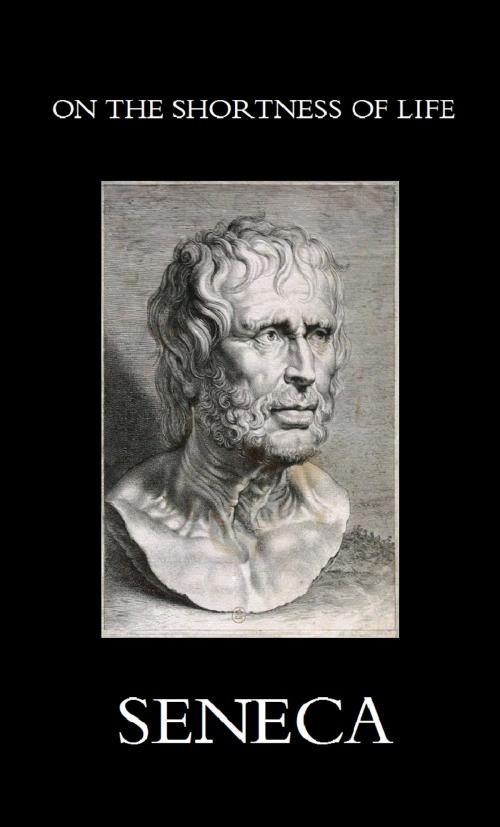On the Shortness of Life
Life is long if you know how to use it.
Nonfiction, Religion & Spirituality, Philosophy, Ancient, Political, Ethics & Moral Philosophy| Author: | Lucius Annaeus Seneca | ISBN: | 1230001587890 |
| Publisher: | Time Honored Publishing | Publication: | March 10, 2017 |
| Imprint: | Language: | English |
| Author: | Lucius Annaeus Seneca |
| ISBN: | 1230001587890 |
| Publisher: | Time Honored Publishing |
| Publication: | March 10, 2017 |
| Imprint: | |
| Language: | English |
Lucius Annaeus Seneca was a Roman Stoic philosopher, statesman, dramatists and sometime humorist. He was born in southern Spain over 2,000 years ago and educated in Rome. As the story goes, his life took a sharp turn in 41 A.D. once Claudius became the emperor as he exiled Seneca to the island of Corsica on the premises of supposed adultery with Julia Livilla, the emperor’s niece and Caligula’s sister. Eight years later, Agrippina, mother of future emperor Nero and wife of Claudius secured permission for Seneca to return and for him to become her son’s tutor and adviser. Nero later became one of the most notorious and tyrannical emperors in the history of the Roman Empire. Consequently, Seneca’s wealth came largely while in service to Nero. Seneca’s death, in 65 A.D., came by the orders of Nero himself (who thought Seneca was part of a plot against him)
On the Shortness of Life is a moral essay written by Seneca in 49 AD. The philosopher brings up many Stoic principles on the nature of time, namely that men waste much of it in meaningless pursuits. According to the essay, nature gives man enough time to do what is really important and the individual must allot it properly. According to Seneca time can be best used in the study of philosophy.
Lucius Annaeus Seneca was a Roman Stoic philosopher, statesman, dramatists and sometime humorist. He was born in southern Spain over 2,000 years ago and educated in Rome. As the story goes, his life took a sharp turn in 41 A.D. once Claudius became the emperor as he exiled Seneca to the island of Corsica on the premises of supposed adultery with Julia Livilla, the emperor’s niece and Caligula’s sister. Eight years later, Agrippina, mother of future emperor Nero and wife of Claudius secured permission for Seneca to return and for him to become her son’s tutor and adviser. Nero later became one of the most notorious and tyrannical emperors in the history of the Roman Empire. Consequently, Seneca’s wealth came largely while in service to Nero. Seneca’s death, in 65 A.D., came by the orders of Nero himself (who thought Seneca was part of a plot against him)
On the Shortness of Life is a moral essay written by Seneca in 49 AD. The philosopher brings up many Stoic principles on the nature of time, namely that men waste much of it in meaningless pursuits. According to the essay, nature gives man enough time to do what is really important and the individual must allot it properly. According to Seneca time can be best used in the study of philosophy.















